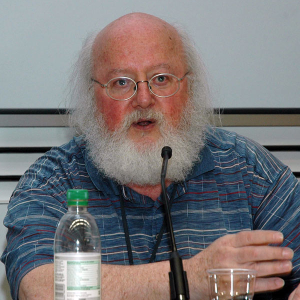Title : Overregulation of GM crops is too expensive, delays approvals and harms research
Abstract:
The Cartagena Protocol on Biosafety (CPB) has now been adopted by 172 parties . It still builds on the principle that GM crop plants might bare risks in contrast to the conventional crops: Objective of CPB. The huge apparatus on risk assessment based on this protocol is building on the principle, that the mechanism of transgenicity is totally artificial and is not found in nature. Modern molecular science insights have proven the contrary, as shown in on the molecular basis of transgenesis. This results in maintaining to an asymmetric risk assessment of innovation of GM crops. The possible exemption of widespread GM crops in Art. 7.4 bis have been considered since many years, but no final decision has been taken. Basically, Genetic Engineering is in a constant debate, but in Europe no final decisions have been taken
A really negative follow-up of populist opinions brings a halting of regulatory approvals since 1998 in Europe. Although many authors consider the full extent of reasons still to be conjectural, many data suggest that changes in regulatory environment may have been a cause. In a combination of high costs for lost implementation and high costs for regulatory approvals the present state and operational experience has grown into a major obstacle of modern crop breeding. One of the main difficulties in this kind of regulatory stall is the very active role of GMO opponents, most of their fundamentalist arguments are contradicted in many peer reviewed publications, but still, European politicians and an important part of the public still hang on to the populist arguments. In Asia, signs of progress are becoming reality for the Golden Rice and Bt-Brinjal.



